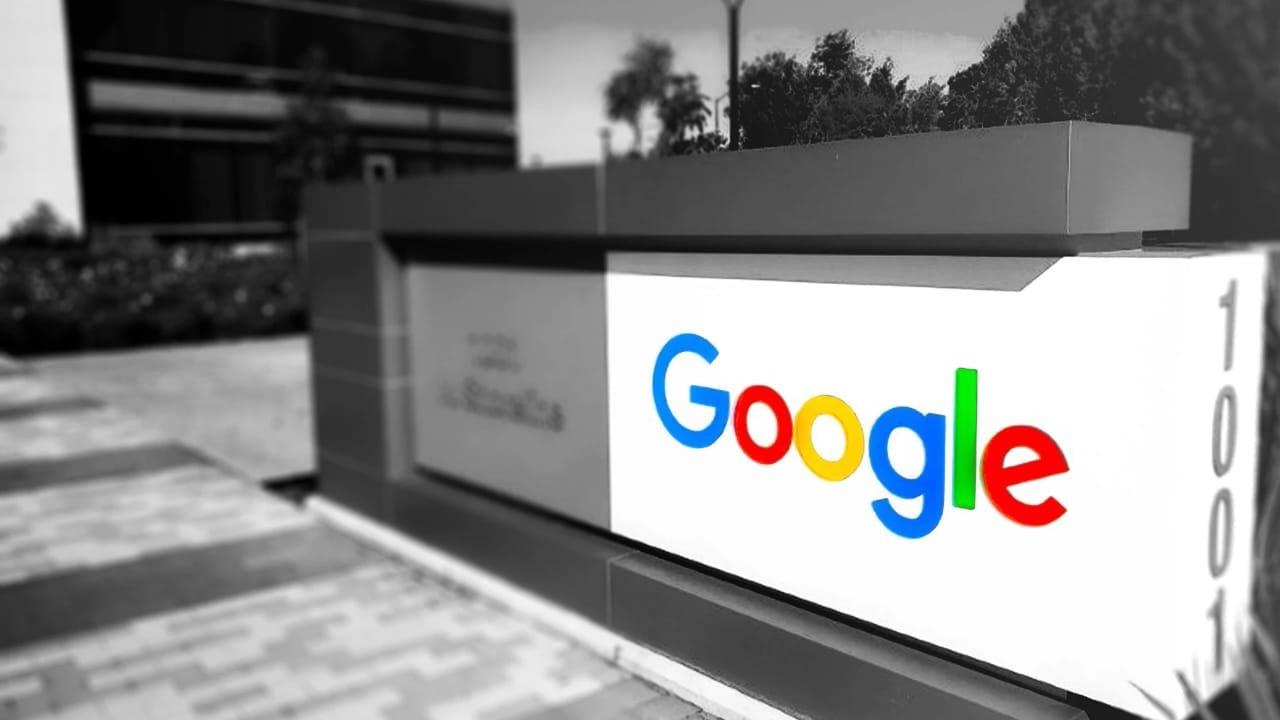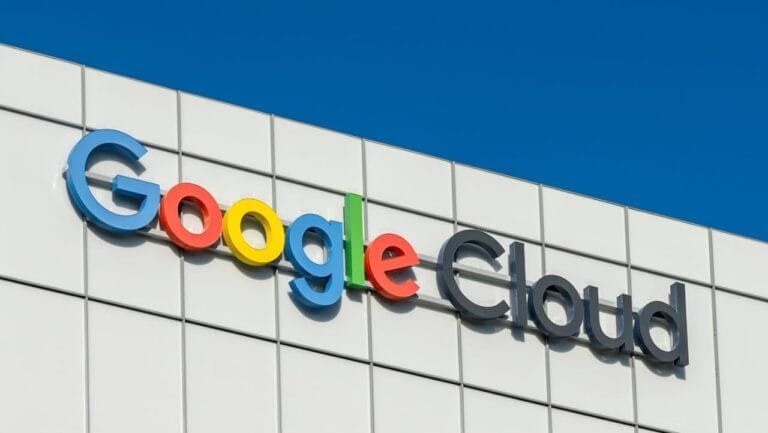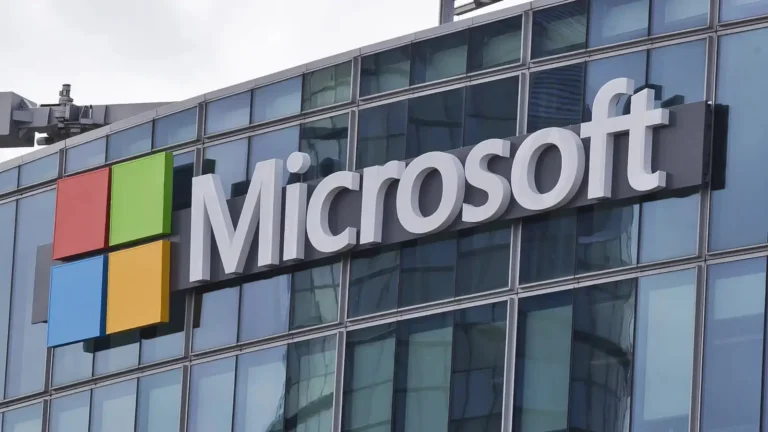
The European Commission headquarters in Brussels, where major decisions on the EU Google antitrust case are made.
Introduction Context of the antitrust dispute between the EU Google antitrust
The EU and Google have a long history of antitrust and competition cases. Over the past decade, the EU has imposed several large fines on Google, totalling more than 8 billion euros. These include a 2.42 billion euro fine in 2017 for its price comparison shopping service, a 4.3 billion euro fine in 2018 for its Android operating system, and a 1.49 billion euro fine in 2019 for its AdSense platform. And recently, the European Commission decided to impose a modest fine on Google for alleged anti-competitive practices in its adtech business. The decision comes after a four-year-long investigation and marks a significant shift in EU antitrust policy. New antitrust chief Teresa Ribera is focusing on encouraging companies to stop anti-competitive practices rather than punishing them. But former chief Margarethe Vestager was heavily focused on deterrent penalties.
AdTech Industry Basics on EU Google antitrust
AdTech is the set of technologies and platforms used in digital advertising that facilitate the buying, selling, distribution, and measurement of ads between advertisers and publishers. The adtech ecosystem primarily includes the following: Publisher ad servers, which are platforms that help websites and apps manage which ads will be displayed Ad exchanges, which are digital marketplaces where ad space is bought and sold through real-time bidding Tools from demand-side platforms (DSPs) that provide advertisers the ability to buy ad inventory on multiple ad exchanges.
Google’s Dominance in the AdTech Ecosystem
Google has a dominant position in the adtech business. The company has a presence at multiple levels of the ad ecosystem, including the following: Google Ad Manager, an integrated platform that helps publishers manage their ad inventory.
-Google AdX, an ad exchange that facilitates real-time auctions. DoubleClick for Publishers, an ad serving platform for publishers. And AdSense, a program that gives publishers the ability to earn revenue by displaying relevant ads. But Google’s 2024 advertising revenue, which includes search services Gmail, Google Play, Google Maps, YouTube, Google Ad Manager, AdMob, and AdSense, was $264.6 billion. Which is 75.6% of the company’s total revenue. But Google does not provide separate revenue figures for its adtech business, which is related to advertising on other websites and not search ads.
European publishers complaint
The case began in 2021 after a complaint by the European Publishers Council. The complaint alleged that Google gives preferential treatment to its own advertising services over competitors. Specifically favoring its ad exchange AdX. Also, the European Commission filed formal charges against Google in 2023 alleging that the company has abused its dominant position in the online advertising technology industry since 2014. And regulators believe that Google has used its market power on both sides of the supply chain and has shown favouritism to its own ad exchange AdX in ad matching auctions.
Ways of harming competition
According to the EU, Google has harmed competition in the following ways. Also Self-Preferencing, which is how Google prioritizes its own advertising products over competitors. Specifically providing favourable terms to its ad exchange AdX. In Predatory Pricing, Google can offer its services at below-cost rates to drive competitors out of the market. Data Advantage, which is how Google has a vast amount of user data which it can use to gain unfair advantage in targeted advertising. And Tying Practices, which is how Google can offer by bundling its multiple advertising products. Which makes it difficult for customers to choose alternatives.
EU Google antitrust investigation process and timeline
The investigation into anti-competitive practices in Google’s adtech business lasted nearly four years. The main events of this process are as follows. Also in 2021, the European Publishers Council filed a complaint against Google alleging that the company gives preferential treatment to its advertising services. And 2022, the European Commission began a formal investigation into Google’s adtech business. 2023, the European Commission filed charges against Google that included detailed allegations. And 2024, legal proceedings and discussions continue between the two parties. But by August 2025, sources confirmed that the EU is planning to impose a modest fine on Google.
Teresa Ribera’s new approach
The policy of the new antitrust chief of the European Union, Teresa Ribera, is different from her predecessor Margrethe Vestager. And Vestager’s focus was on creating deterrents by imposing heavy fines. But Ribera is focusing more on encouraging companies to stop anti-competitive practices. Also, under this new approach, the fine imposed on Google will not be as heavy as previous fines. In 2018, Google was fined 4.3 billion euros in the Android case, while the new fine will be much less than that. Also, there is no demand for business division. Ribera is unlikely to order Google to sell any part of its adtech business, even though her predecessor suggested that the company could divest its DoubleClick for Publishers tool and AdX ad exchange.
Google’s Official Statement
Google has referred to a 2023 blog post in its response to this matter. Also, in which the company called the Commission’s interpretation of the adtech sector flawed. And Google says that both publishers and advertisers have enormous choice and users voluntarily choose their services. But Google also argued that serving both advertisers and publishers is a common industry practice and competitors operate similar AdTech businesses that cater to both sides of the market. Integrated technology stacks facilitate high-quality connections between advertisers and publishers.
Impact on Publishers and Advertisers
Google’s alleged anti-competitive practices have a direct impact on publishers and advertisers. Smaller publishers often feel they have no choice but to accept Google’s terms because Google’s platform dominates the market. But this increases Google’s control over advertising rates and reduces competition. Advertisers also have limited options, which means they may have to pay higher rates and rely on Google for targeted advertising. There is also an indirect impact on end consumers. Reduced competition can slow innovation and consumers may see less relevant ads. Google’s data collection practices also raise privacy concerns.
Conclusion: EU Google antitrust
The EU’s expected modest fine on Google’s adtech business represents a significant shift in European antitrust enforcement. Rather than focusing on punitive measures, new antitrust chief Teresa Ribera is focusing on compliance and behavioral changes. While the fine may be modest compared to past penalties, it does indicate the EU’s commitment to ensuring healthy competition in the digital advertising market. For Google, this is just the latest chapter in a series of regulatory challenges, and one that reflects increasing scrutiny from global regulators. But as the digital economy evolves, companies and regulators will continue to find a balance – ensuring fair competition while simultaneously encouraging innovation. Google’s adtech case is an important example of this broader struggle.



